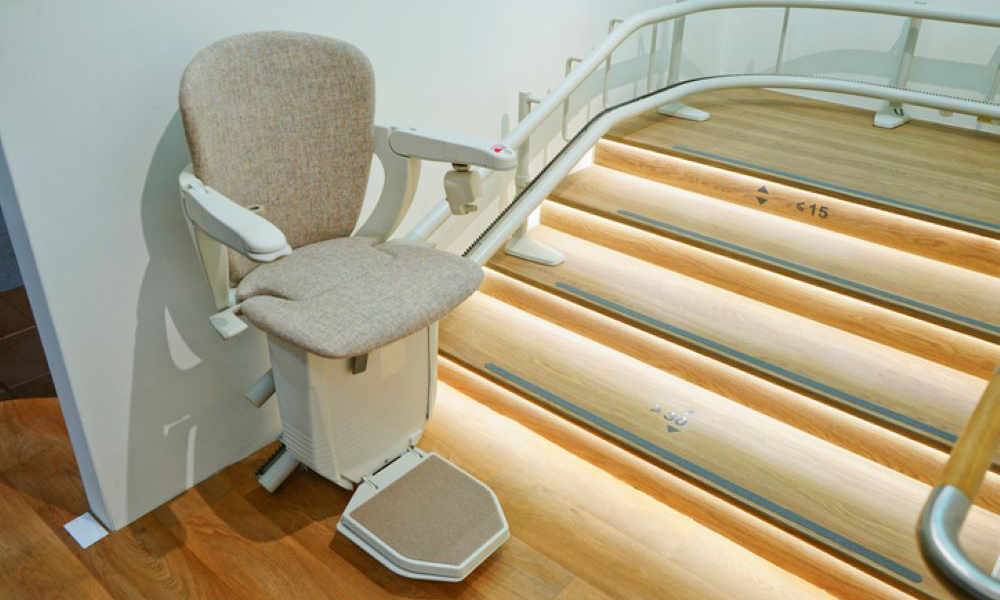Hairdresser Services for Seniors and Elderly Clients
A hairdresser can offer practical, dignified services that respond to changing needs as people age. For many seniors and elderly clients, hair care is about more than aesthetics: it supports comfort, hygiene, self-esteem and daily routine. Salons and mobile stylists who understand common scalp and hair changes, mobility limits and sensory sensitivities can adapt techniques, timing and products to improve the client experience. Whether arranging a salon visit or booking in-home service, planning ahead, communicating specific needs and choosing gentle, low-irritant formulations make hair appointments safer and more comfortable for older adults. Local services increasingly include options such as extended appointment times, transportation coordination and staff trained in elderly care practices, which helps families and carers find a reliable, respectful approach to grooming.

This article is for informational purposes only and should not be considered medical advice. Please consult a qualified healthcare professional for personalized guidance and treatment.
What does a hairdresser offer for seniors?
A hairdresser working with senior clients usually starts with a clear, patient consultation to discuss mobility, scalp sensitivity, medication effects and maintenance preferences. Services commonly include haircuts adapted for easier at-home styling, gentle coloring techniques or gloss treatments that avoid aggressive developers, scalp-friendly cleansing, light conditioning treatments and short, practical styling. Many stylists also offer grooming services like shampooing, blow-drying, styling for special events or straightforward trims between appointments. Some salons provide home visits for clients who cannot travel, bringing portable equipment and using simplified routines that prioritize safety and comfort.
How can a salon support elderly clients?
Salons that serve elderly clients well focus on accessibility and atmosphere. Practical measures include wide entryways, ramp access, non-slip flooring, adjustable salon chairs and clear, uncluttered workstations. Staff often allow additional time for appointments, minimize loud background noise, and offer private or quieter spaces for clients with sensory concerns. Clear signage, easy-to-read price lists and friendly front-desk support to manage scheduling or transport questions help reduce stress. Training in respectful communication, patience and awareness of common age-related conditions (such as tremors or limited neck mobility) enhances the overall experience.
What hair care changes suit senior hair?
Aging hair commonly becomes thinner, drier and more fragile, and the scalp may grow more sensitive. Hair care choices should favor mild, pH-balanced shampoos, hydrating conditioners and lightweight leave-in products that add moisture without weighing hair down. Protein treatments can help in cases of breakage but should be used sparingly and under professional guidance. Avoiding high-alkaline dyes and aggressive chemical straightening reduces scalp irritation and hair damage. Regular, shorter trims can maintain shape and reduce the effort needed for day-to-day grooming, while styling products with flexible hold support natural movement without stiffness.
How to choose a hairdresser for elderly care?
Choosing the right hairdresser involves checking experience, communication style and practical services. Ask whether the stylist has experience with seniors, offers home visits, or has staff trained in caring for clients with mobility or cognitive limitations. Read local reviews, request references, and discuss hygiene and infection-control practices. Clarify if the salon can provide extra assistance—such as escorting clients to and from the chair—or coordinate with family members or carers about appointment timing. A trial visit for a simple service can reveal whether the stylist’s pace, language and techniques match the client’s comfort level.
What salon services improve comfort and safety?
Comfort- and safety-focused services include mobile hairdresser options, extended appointment slots, and accessible transport arrangements offered by some salons or community programs. In-salon comforts like padded chairs, neck supports, warm towels and adjustable water temperature reduce discomfort during washes. Salons may also maintain a selection of hypoallergenic and fragrance-free products suited to elderly skin. For clients with limited dexterity, stylists can recommend low-maintenance styles and offer step-by-step guidance or short training sessions for carers to recreate a look at home. Coordination with other local services, such as assisted-living coordinators or community centers, can expand available options.
A considered approach to hairdresser services for seniors and elderly clients balances practical hair care, accessible salon design and clear communication. When selecting services in your area, prioritize salons or stylists who demonstrate patience, familiarity with age-related hair and scalp changes, and flexible arrangements for mobility or sensory needs. Modest adjustments in product choice, appointment structure and environment can make grooming appointments safer and more enjoyable, supporting dignity and wellbeing through regular hair care.






